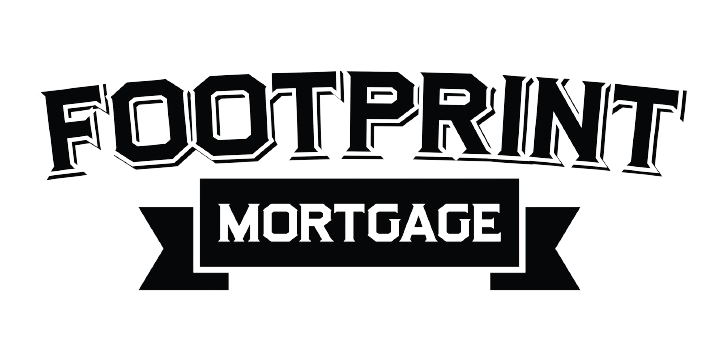Credit report companies gather personal financial information from various sources, including lenders, creditors, and public records. This data is used to create credit reports that are then sold to mortgage lenders and other financial institutions. These reports are used to evaluate borrowers’ ability to repay loans and creditworthiness.
When a mortgage lender requests a credit report from a credit reporting company, the company has the option to sell that information to other mortgage lenders as a sales lead. This is done through a “trigger lead,” which is a notification to other mortgage lenders that a credit report has been pulled for a mortgage application.
The credit reporting company provides the borrower’s contact information, along with details about the loan, credit score, and other relevant financial information, to the mortgage lenders who purchased the lead. This enables the lenders to reach out to the borrower directly and offer their services and products.
However, the practice of selling trigger leads has become a subject of criticism in recent years. Critics argue that it infringes on consumers’ privacy rights and exposes them to unwanted sales calls and emails. Some states have even enacted laws to restrict or prohibit the sale of trigger leads.
In conclusion, credit reporting companies sell information about mortgage credit reports to other mortgage lenders to generate sales leads. While this practice is lawful, it has raised concerns about consumer privacy and the possibility of unsolicited sales calls and emails. As a borrower, it is essential to be aware of this practice and take measures to protect your privacy, such as opting out of pre-approved credit and insurance offers and limiting the amount of personal information you share with lenders and credit reporting companies.



